When it comes to maintaining diabetics overall health, having a nutritious diet and leading a healthy lifestyle are two of the most important factors. A diabetic's ability to control glucose levels is significantly impacted by the quality of the food they consume.
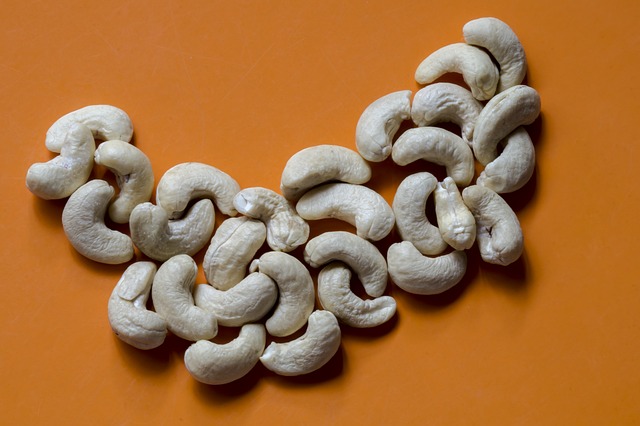
In addition, eating nutritious meals may assist with the management of blood pressure, cholesterol levels, and body weight. Nuts include a significant amount of both healthy fats and protein. Because of all these advantages, many individuals choose to include them in their diet.
Cashews are undeniably one of the most popular choices available when it comes to nuts. Cashews have a pleasant taste and a wide range of applications. Cashew nuts are seeds that resemble kidneys and are often consumed in the form of a snack but can also be used in juicing recipes for high blood sugar. Cashew nuts are an excellent source of protein as well as monounsaturated fat that is good for you and good for your heart.
Contents
What's the research?

Cashew nuts have been linked favorably with a reduction in the risk of developing diabetes, according to research. People who have type 2 diabetes may benefit from eating cashews since they lower their chance of developing cardiovascular disease.
It does this while also helping to raise high-density lipoprotein (HDL) cholesterol levels and lowering blood pressure. In addition, there is no evidence to support the idea that cashew nuts harm glucose levels and weight.
Cashew nuts include a healthy kind of fat that is useful for regulating sugar surges and maintaining healthy cardiac function. It is beneficial in terms of reducing insulin levels and guarding against type 2 diabetes.
In addition to that, cashews are excellent additions for the control of type 2 diabetes. It is packed with nutritious proteins and lipids that may keep the body fueled without increasing the levels of glucose in the blood.
There are no negative effects on glucose levels caused by cashew nuts which is a good thing because people with diabetes must closely monitor their blood glucose levels to avoid potential complications. On the other hand, cashew nuts are an excellent choice for maintaining a healthy heart.
People that consume nuts as part of their diet seem to have better control over their glucose levels. They contribute to the body's increased levels of good cholesterol while simultaneously assisting in the reduction of levels of bad cholesterol. Additionally, cashews have been shown to have a beneficial effect on lowering blood pressure.
How Does Cashew Nut Help Control Diabetes?
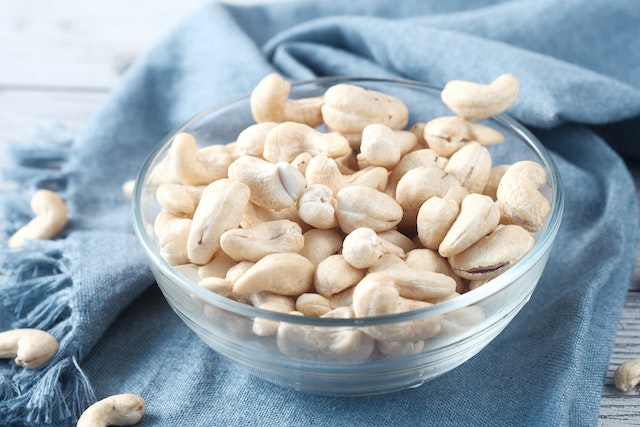
The cashew nut has a high concentration of fiber, which makes you feel satisfied for a longer period of time and helps you avoid overeating as a result. This indicates that you will not only have better control over your blood sugar levels, but you will also have a lower calorie consumption overall. The following is a list of the several ways that the nutrients found in cashew nuts may assist in managing and controlling diabetes.
1. Cashews have a high content of vitamins and minerals.
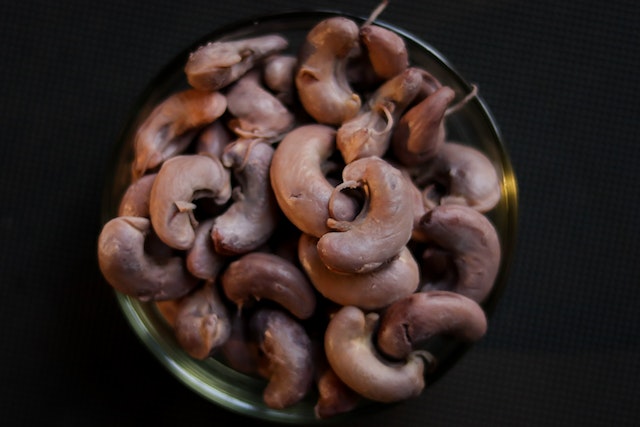
The cashew nut is an excellent source of a number of important vitamins and minerals that, when consumed regularly, may assist in maintaining healthy blood sugar levels. People who are at a higher risk of developing diabetes may benefit from the presence of magnesium in cashew nuts in their diet.
Magnesium is a mineral that plays a crucial role in maintaining appropriate blood sugar levels. For this reason, a healthy diet should ensure enough magnesium for those at high risk of developing diabetes. Additionally, cashew nuts are an excellent source of vitamin B6, which has been shown to be useful in lowering blood sugar levels in diabetic patients.
Because of its ability to assist in the regulation of blood pressure levels, vitamin B6 is an essential component of a diabetes-prevention diet for those who are at increased risk of acquiring the condition.
2. Calcium Provided by Cashew Nuts Have Many Benefits
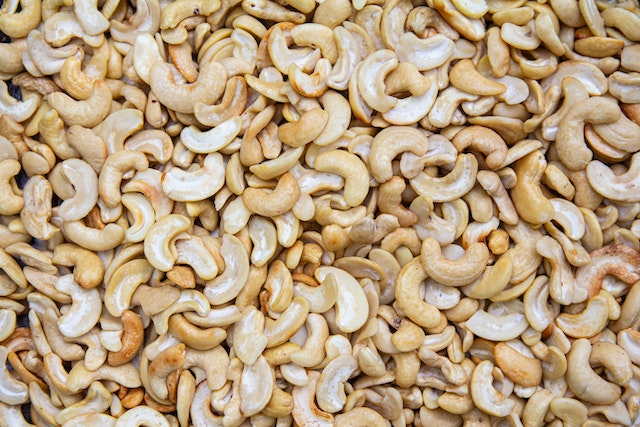
Calcium is a mineral that plays a significant role in the proper operation of the body. Bones, blood vessels, and teeth are all kept in good condition with the help of this supplement.
Because it may assist in maintaining normal blood sugar levels, calcium is a very useful nutrient for people who are at an increased risk of developing diabetes. When there is an excessive amount of blood sugar in the body, it might cause an increased amount of water to be drawn into the circulation.
This abnormally high level of water in the blood may be dangerous and could cause organs to stop functioning properly. A diet high in calcium, which may help lower blood sugar levels and help keep your blood vessels healthy, is one approach to avoid this from happening. Another option is to exercise regularly.
3. Magnesium Provided by Cashew Nuts Have Their Benefits
The cashew nut contains a mineral called magnesium, which is highly necessary for the body's regular functioning. People who have diabetes should eat more of cashew nuts this since because it contains magnesium which is crucial for regulating their blood sugar levels.
Magnesium is readily absorbed by the body and has been shown to assist in bringing down levels of blood sugar. In addition, it may be helpful in the regulation of blood pressure levels, making it an essential component of a balanced diet for those at increased risk of developing diabetes.
4. Cashew Nut Vitamin B6 Benefits
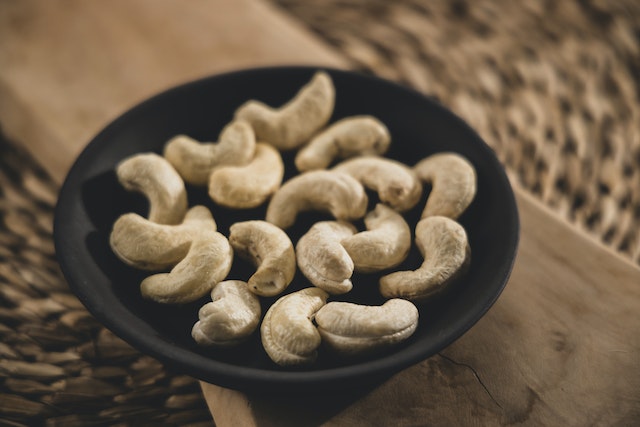
Cashew nuts include a significant amount of vitamin B6, another essential component that has been shown to assist in lowering blood sugar levels in those at high risk of developing diabetes. Because of its ability to help maintain appropriate blood pressure levels, vitamin B6 is an essential component of a diabetes prevention diet for those who are at increased risk of acquiring the condition.
Vitamin B6 is essential to the body in order for it to carry out its regular functions. Because it helps to control the amount of sugar in the blood, including it in the diet is critical for those who are at high risk of developing diabetes and those who follow a diabetic diet.
Conclusion
In general, cashews are one of the nuts that are most healthy for those who have diabetes. Although high in fat, the bulk of that fat is healthy "good fat" that may help diabetics.
Additionally, cashew nuts have values on the glycemic index (GI) that are rather low. It is one of the reasons dietitians recommend diabetics you eat these nuts, provided that they do not have any health conditions incompatible with doing so and do not have a nut allergy.
However, it is important to eat cashews in moderation since eating too many of them (more than a handful) might cause an increase in diabetics calorie intake, which in turn may raise the risk of allergy and oxalates (an excess of which can cause kidney stones). As with every diet, moderation is the key.





